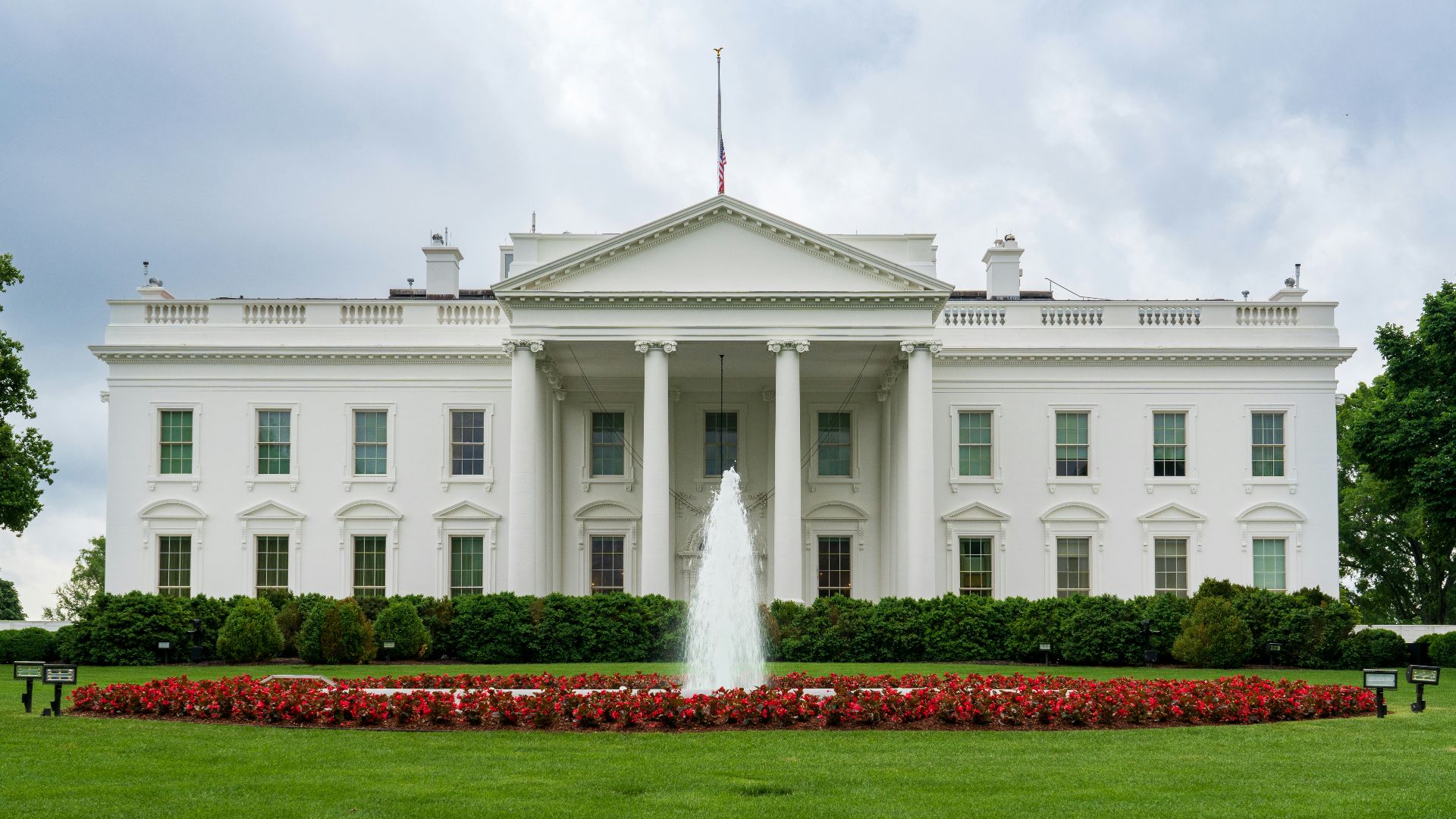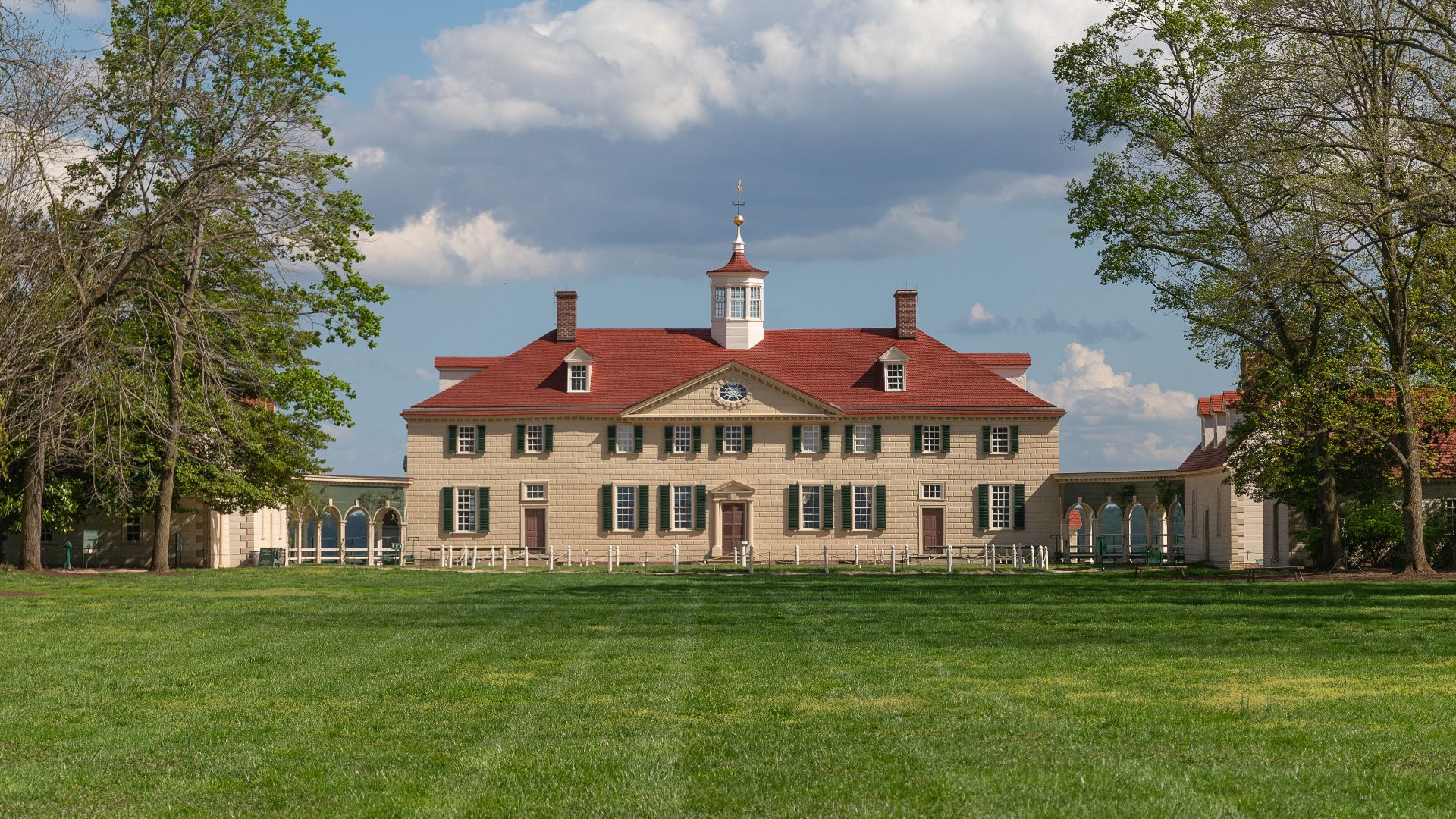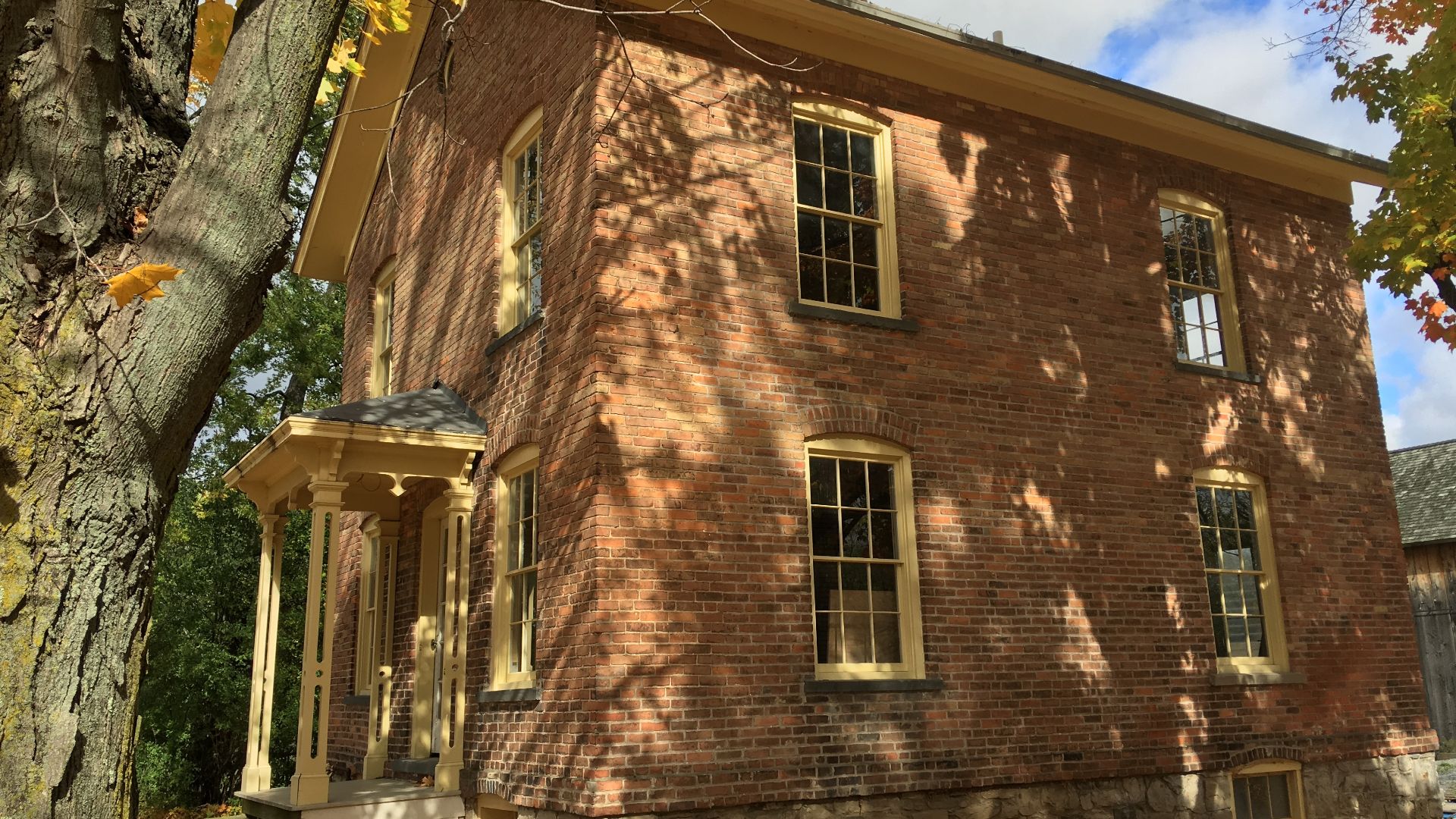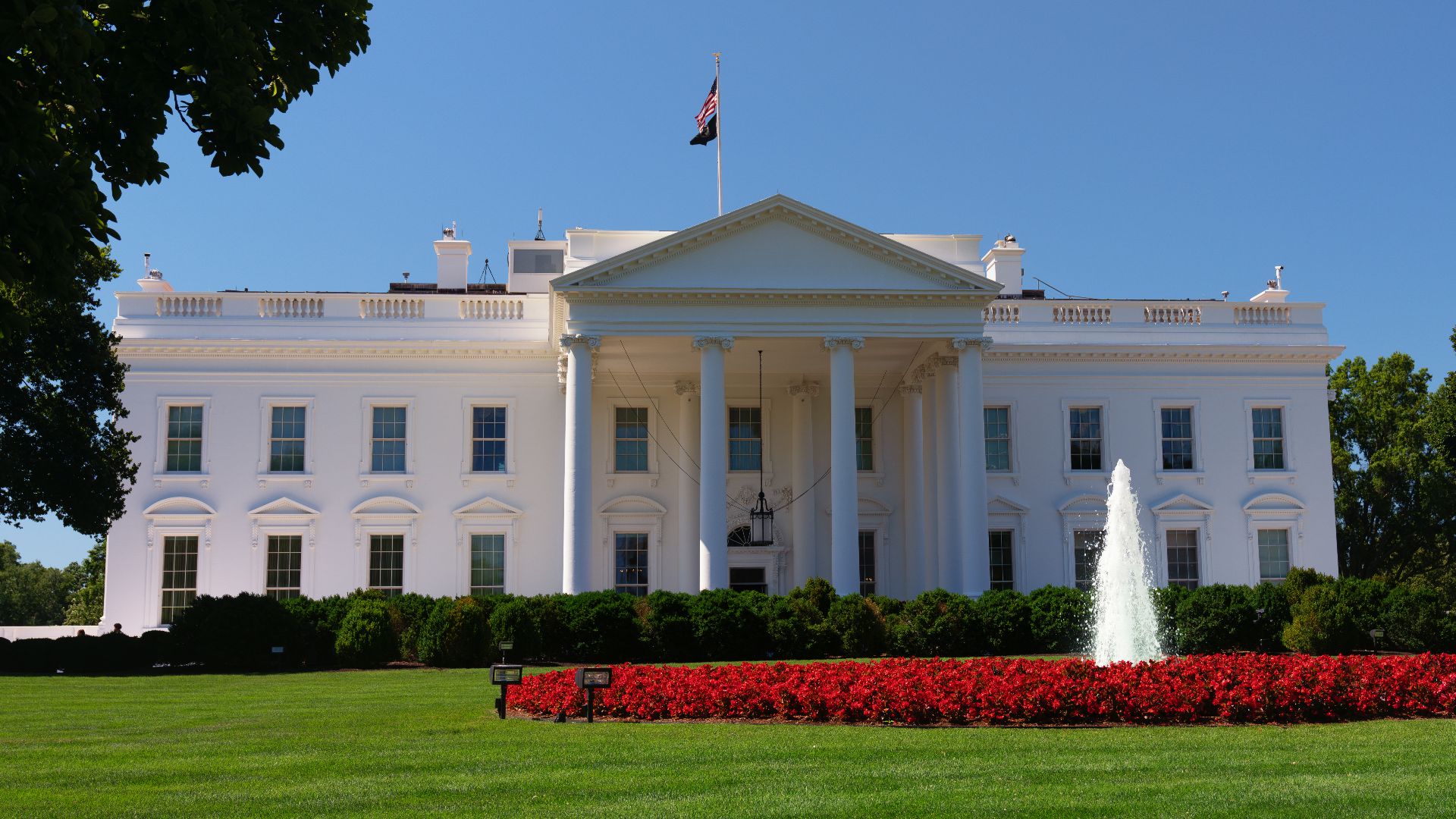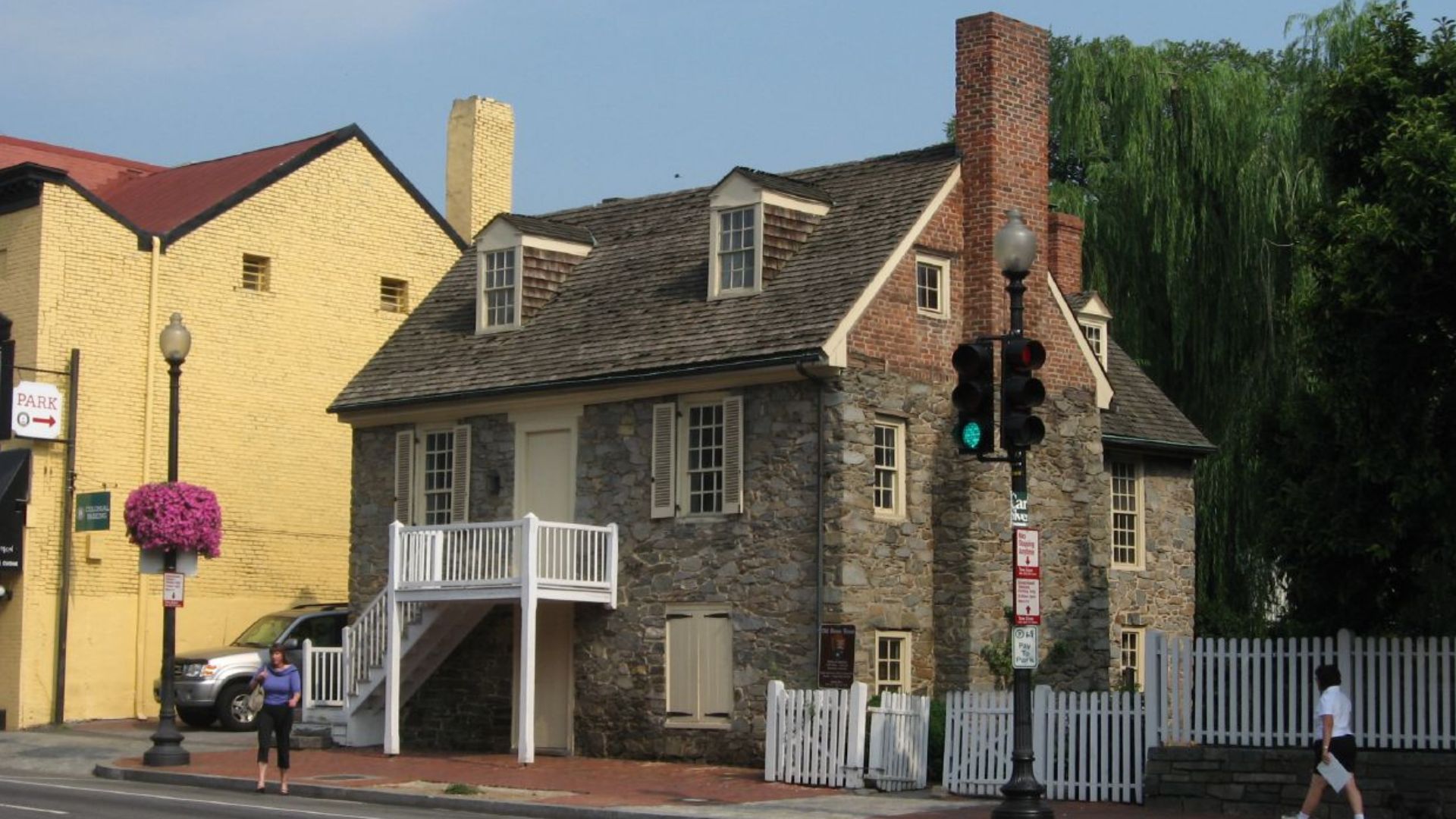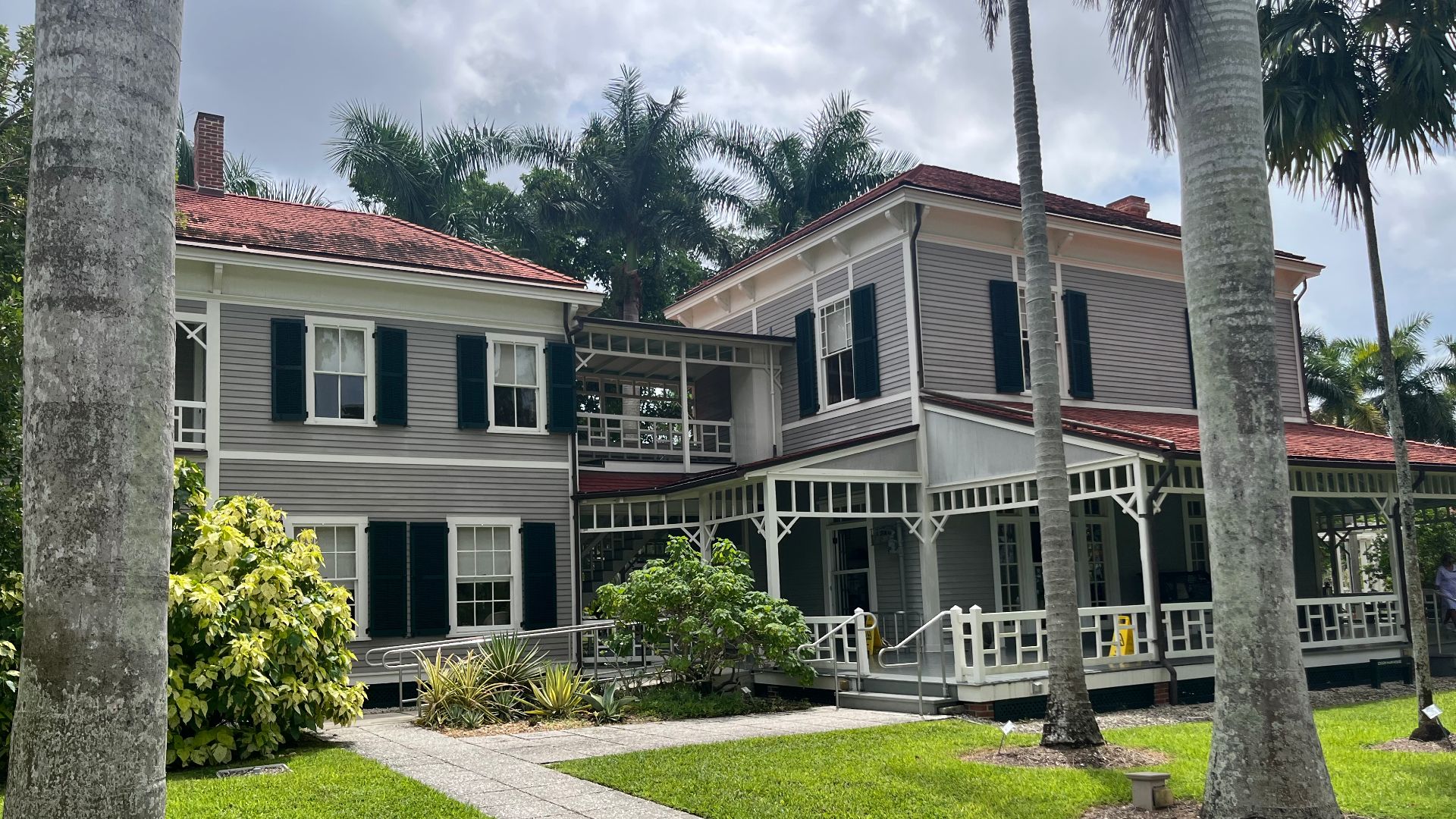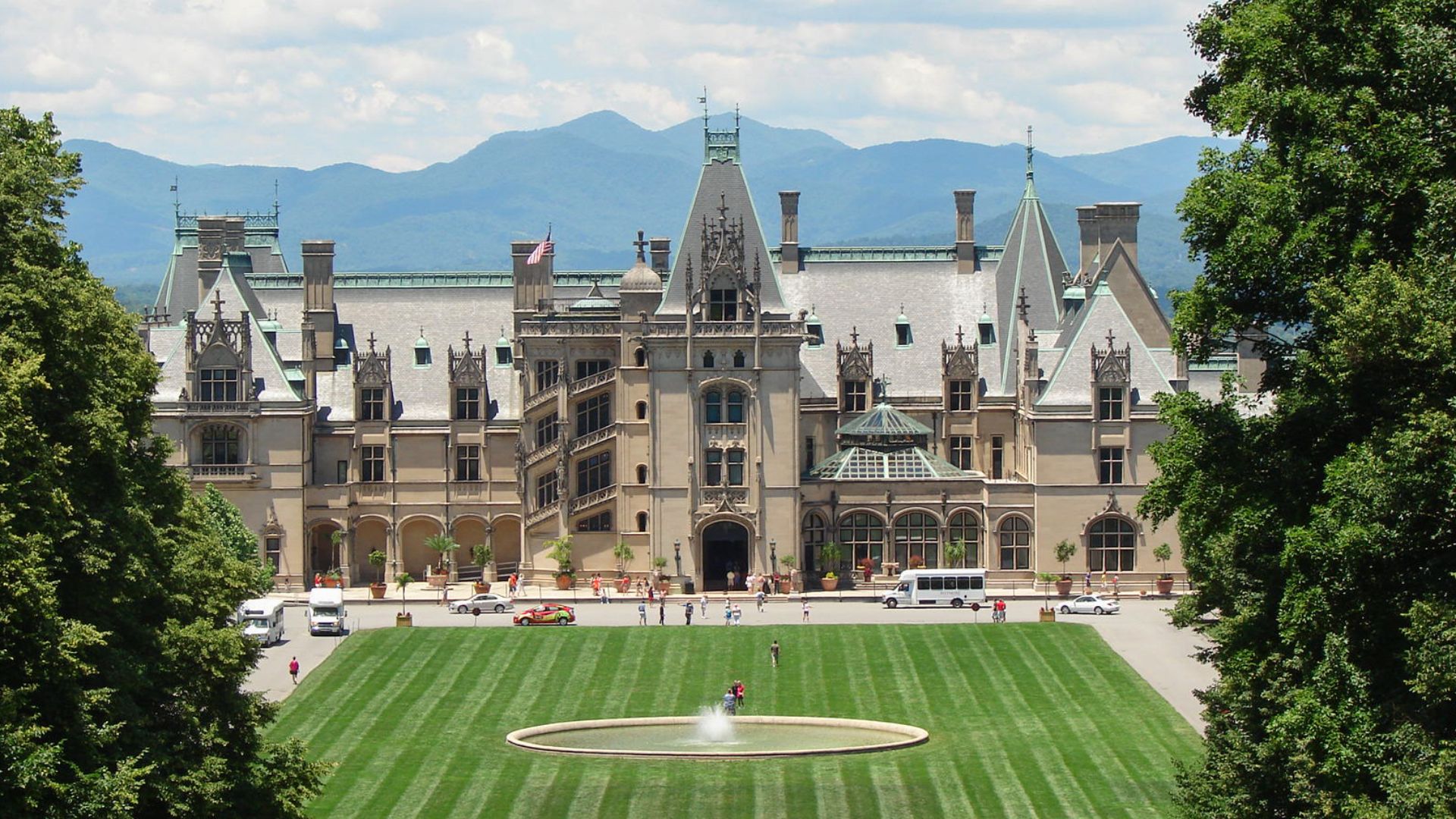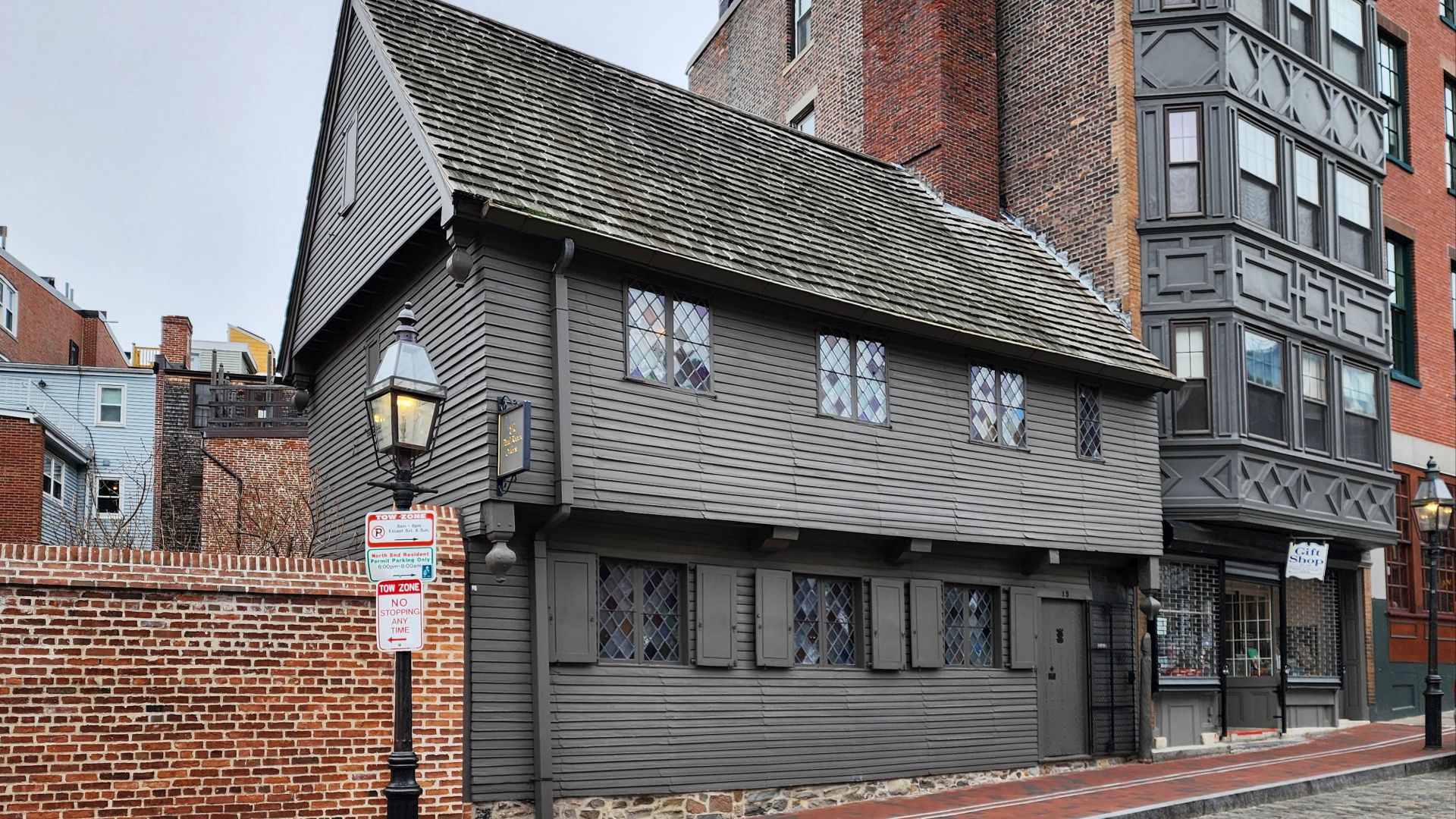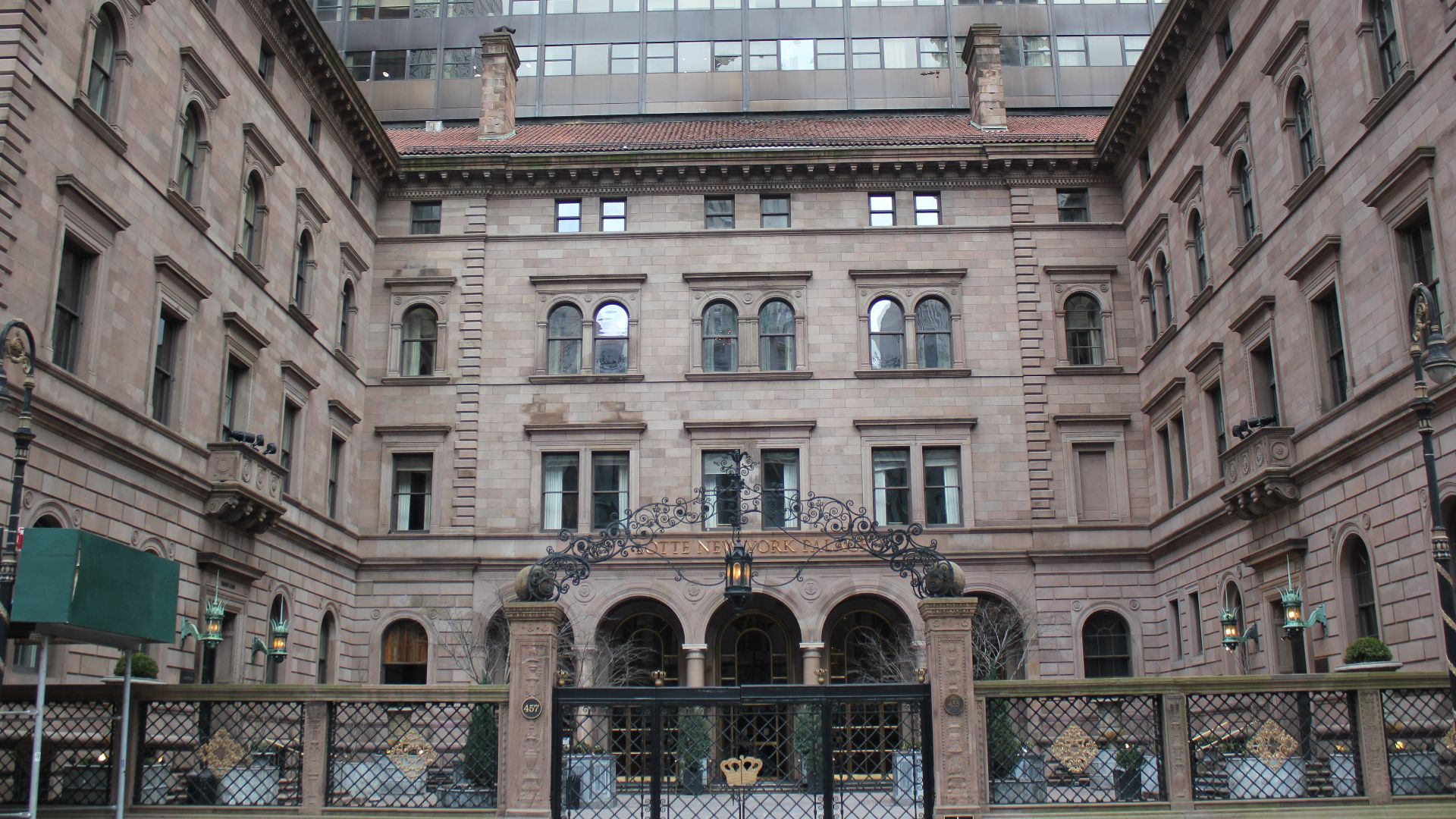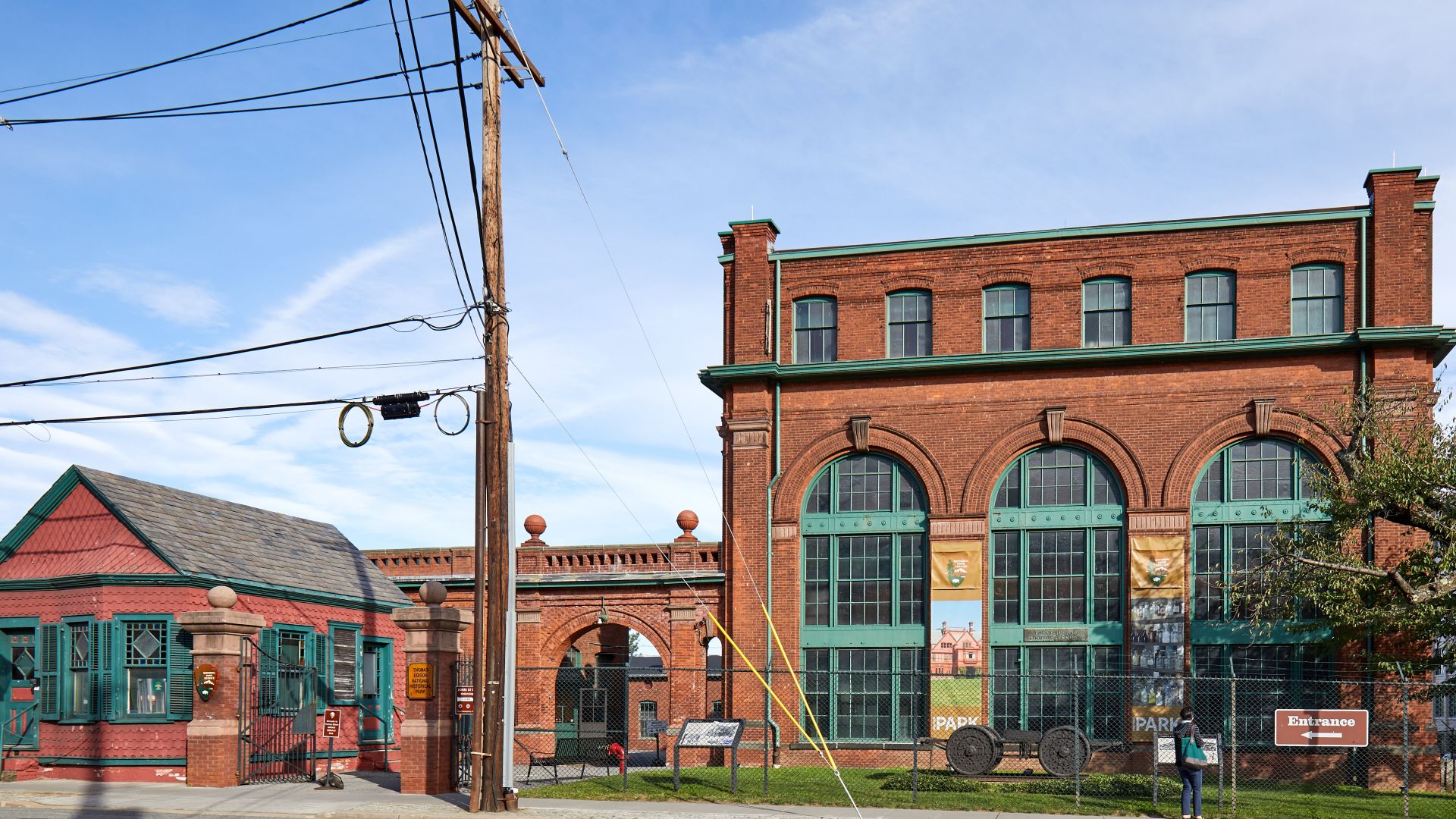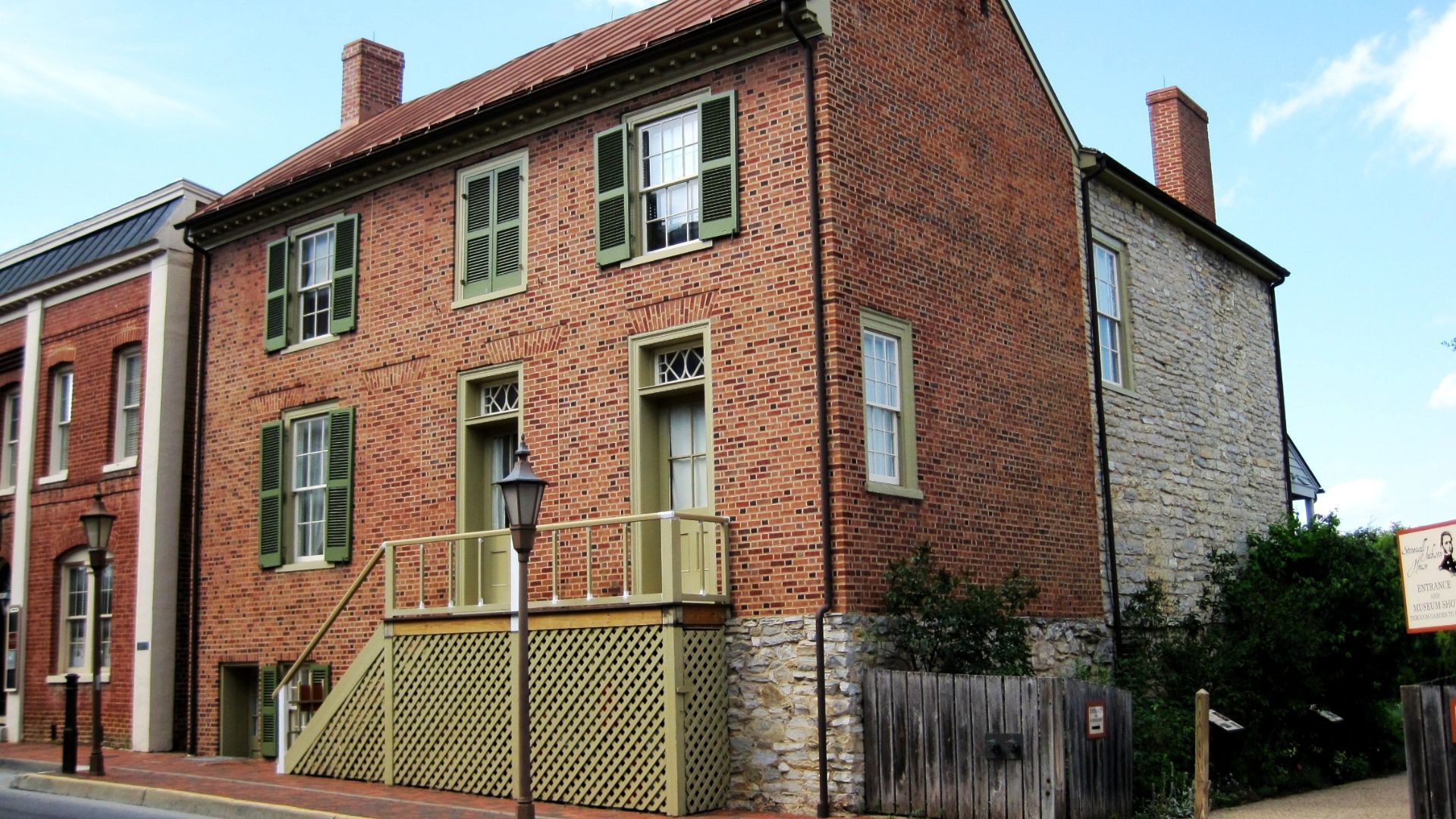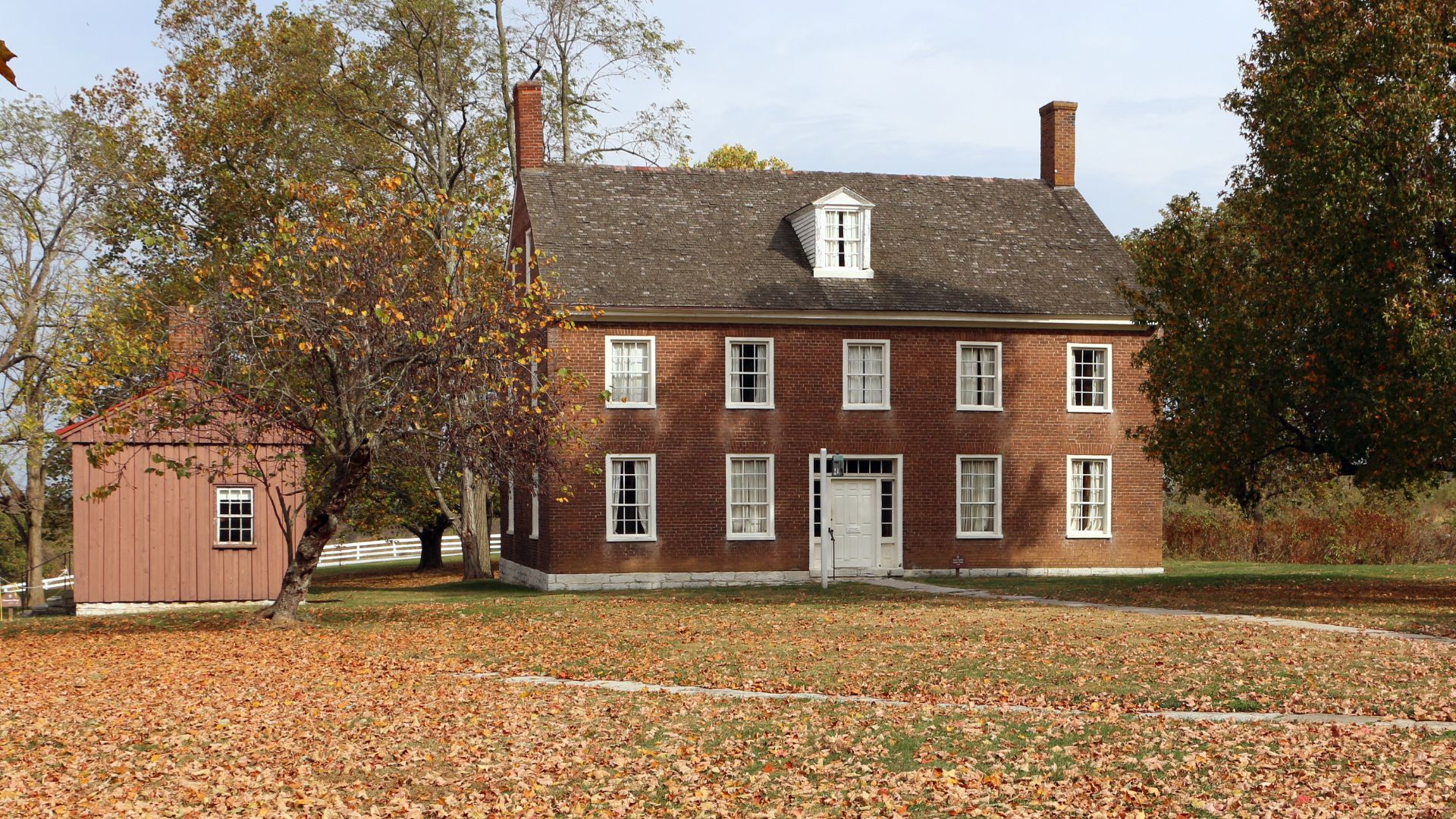Homes That Outlived Their Owners
Some homes end up in history books not because they asked to be, but because something about them refused to be ordinary. Built during uncertain times and occupied by people who didn’t always know they’d matter, these houses absorbed ambition, conflict, restlessness, and invention. Each one has its own quiet gravity, shaped by the decisions made inside. So, here are 20 American homes that survived the ages.
1. Mount Vernon (Virginia)
Mount Vernon served as George Washington’s home from 1754 until his death in 1799. The estate showcases original 18th-century architecture and expansive gardens. Inside, the museum holds over 23,000 of Washington’s belongings, including his iconic wooden presidential chair.
2. Harriet Tubman National Historical Park (Auburn, New York)
In the quiet town of Auburn, New York, Harriet Tubman’s legacy lives on at the national historical park that bears her name. This site includes her family home, final resting place, and nearby landmarks like the Harriet Tubman Residence and Thompson Memorial AME Zion Church.
3. Thomas Jefferson's Monticello (Virginia)
Designed by Thomas Jefferson himself, this neoclassical gem in Virginia blends elegance with innovation. Beyond the grand columns lies a rotating centerpiece and other creative touches that hint at Jefferson’s inventive mind. Recognized for its cultural significance, Monticello earned UNESCO World Heritage status in 1987.
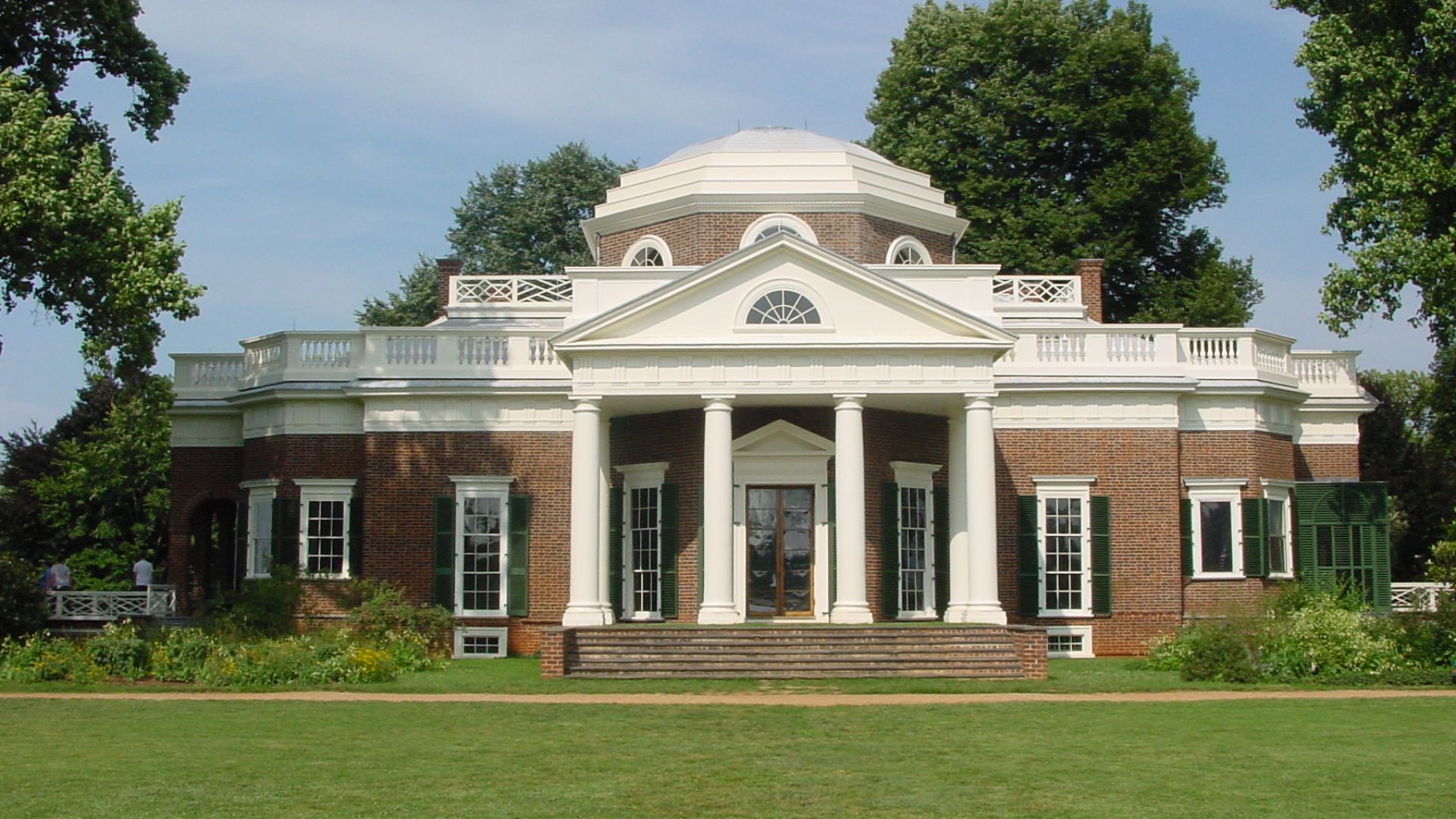 Christopher Hollis on Wikimedia
Christopher Hollis on Wikimedia
4. The White House (Washington, D.C.)
Every president since John Adams has called the White House home, but it’s far more than a mailing address. Completed in 1800, the White House has evolved with each administration. Inside, grand public rooms dazzle visitors, while the private quarters offer a quieter side of power.
5. The Old Stone House (Washington, D.C.)
You don’t expect to stumble upon the oldest building in D.C. while strolling through Georgetown, but the Old Stone House makes that surprise feel special. Built in 1765, it predates the capital itself and still holds its ground with quiet dignity. Step inside, and you’re stepping straight into colonial life.
6. Lincoln's Cottage (Washington, D.C.)
Far from the formal halls of the White House, Lincoln’s Cottage provided the president a rare escape during the Civil War. Interestingly, in 1862, Lincoln put pen to paper here, drafting the Emancipation Proclamation amid moments of quiet reflection.
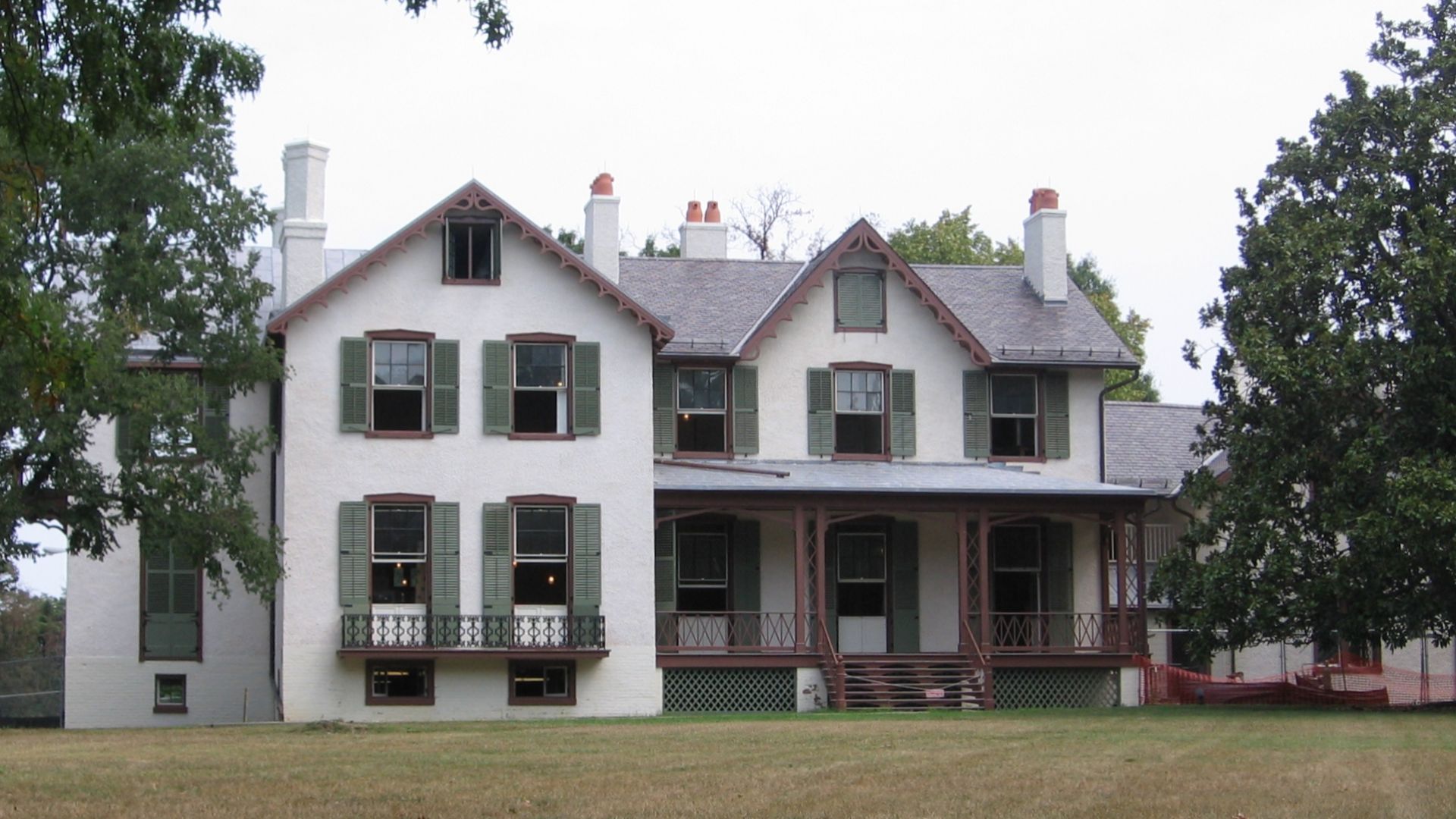 Mvincec at English Wikipedia on Wikimedia
Mvincec at English Wikipedia on Wikimedia
7. The Edison & Ford Winter Estates (Florida)
When two of America’s greatest inventors decided to escape winter, they created a legacy. Situated along the Caloosahatchee River in Fort Myers, the Edison & Ford Winter Estates allows visitors to explore rooms filled with Edison’s iconic lightbulbs and imaginative prototypes.
8. The Biltmore Estate (North Carolina)
Constructed by George Washington Vanderbilt II, the Biltmore Estate is a 250-room masterpiece that still holds the title of America’s largest privately owned home. With architecture by Richard Morris Hunt and interiors graced by Louis Comfort Tiffany, it’s a visual feast at every turn.
9. The Mark Twain House (Connecticut)
This Victorian Gothic gem in Hartford, designed by Edward Tuckerman Potter, was home to Samuel Clemens during his most productive years. Within its richly detailed walls, Twain penned classics including The Adventures of Tom Sawyer and The Prince and the Pauper.
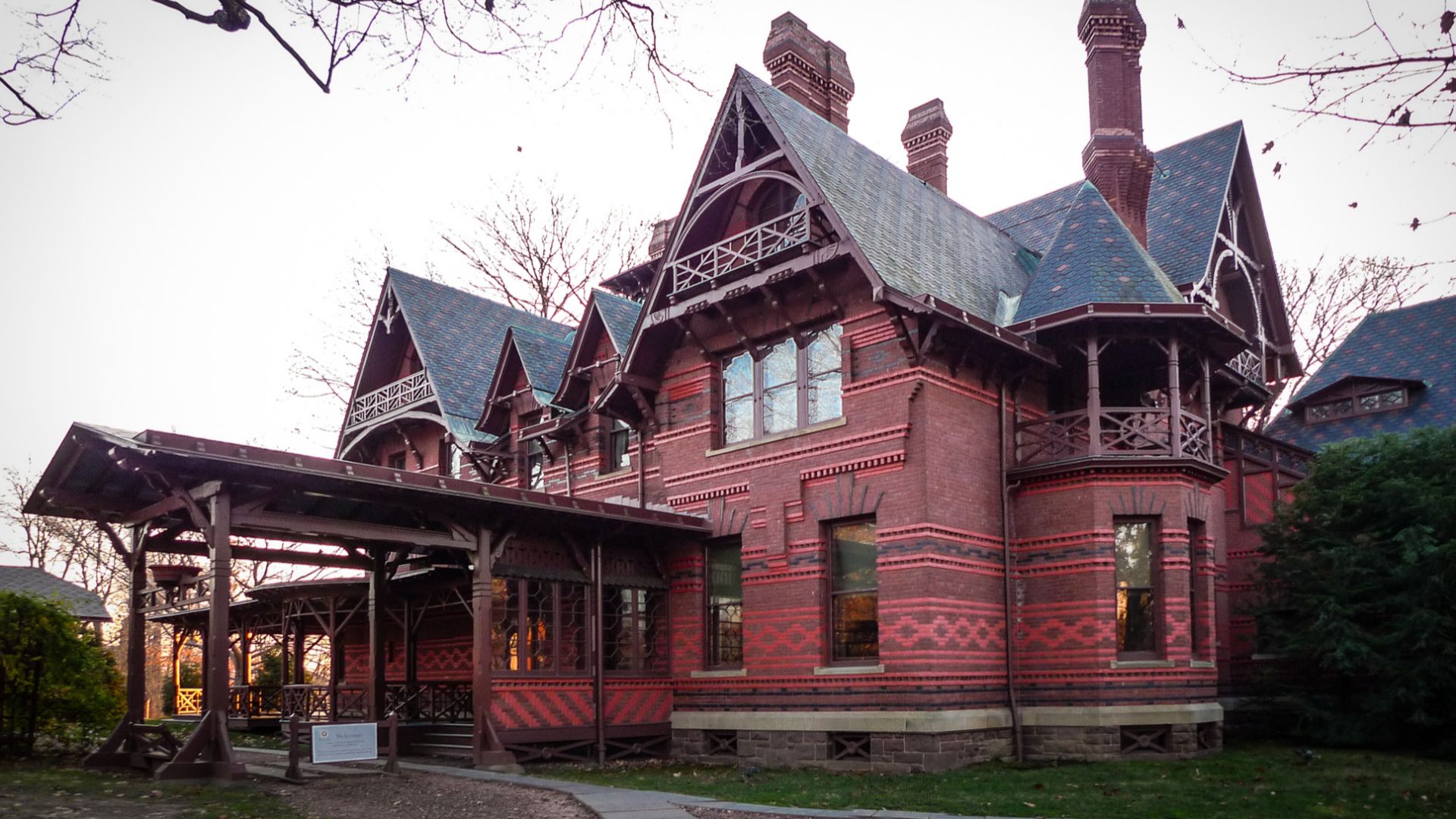 Kenneth C. Zirkel on Wikimedia
Kenneth C. Zirkel on Wikimedia
10. The Hermitage (Tennessee)
The Hermitage tells the story of Andrew Jackson with every brick and blade of grass. Once a working farm spread across 1,120 acres, it became the stately home of the seventh U.S. president, complete with formal gardens and Jackson’s final resting place.
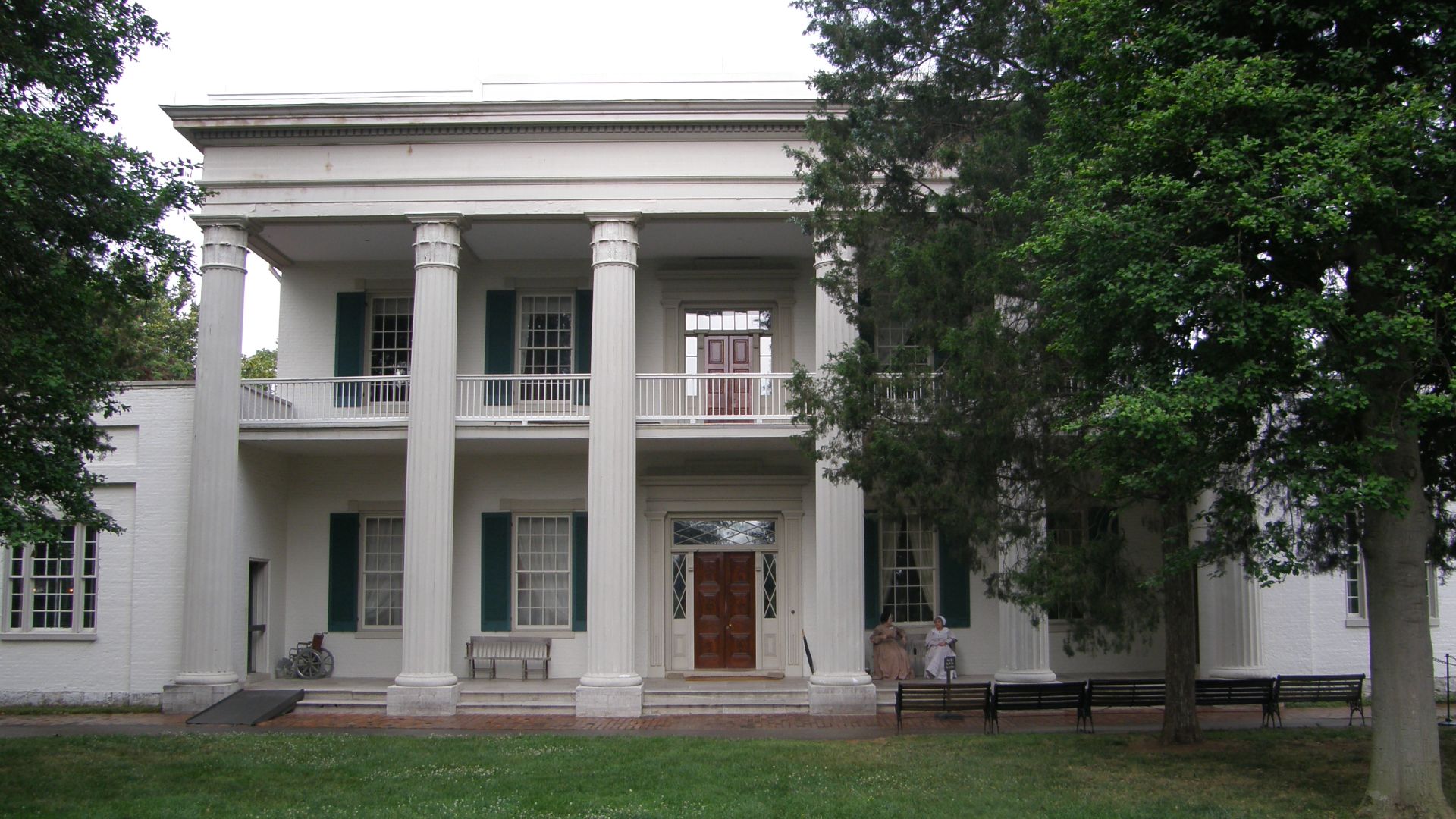 Jim Bowen from Zhenhai, China on Wikimedia
Jim Bowen from Zhenhai, China on Wikimedia
11. Graceland (Tennessee)
Located in Memphis, this was Elvis Presley’s personal kingdom, where leopard prints met lush carpets and the Jungle Room reigned supreme. As one of America’s most visited private homes, Graceland keeps the legend alive by featuring exhibits that celebrate his larger-than-life legacy.
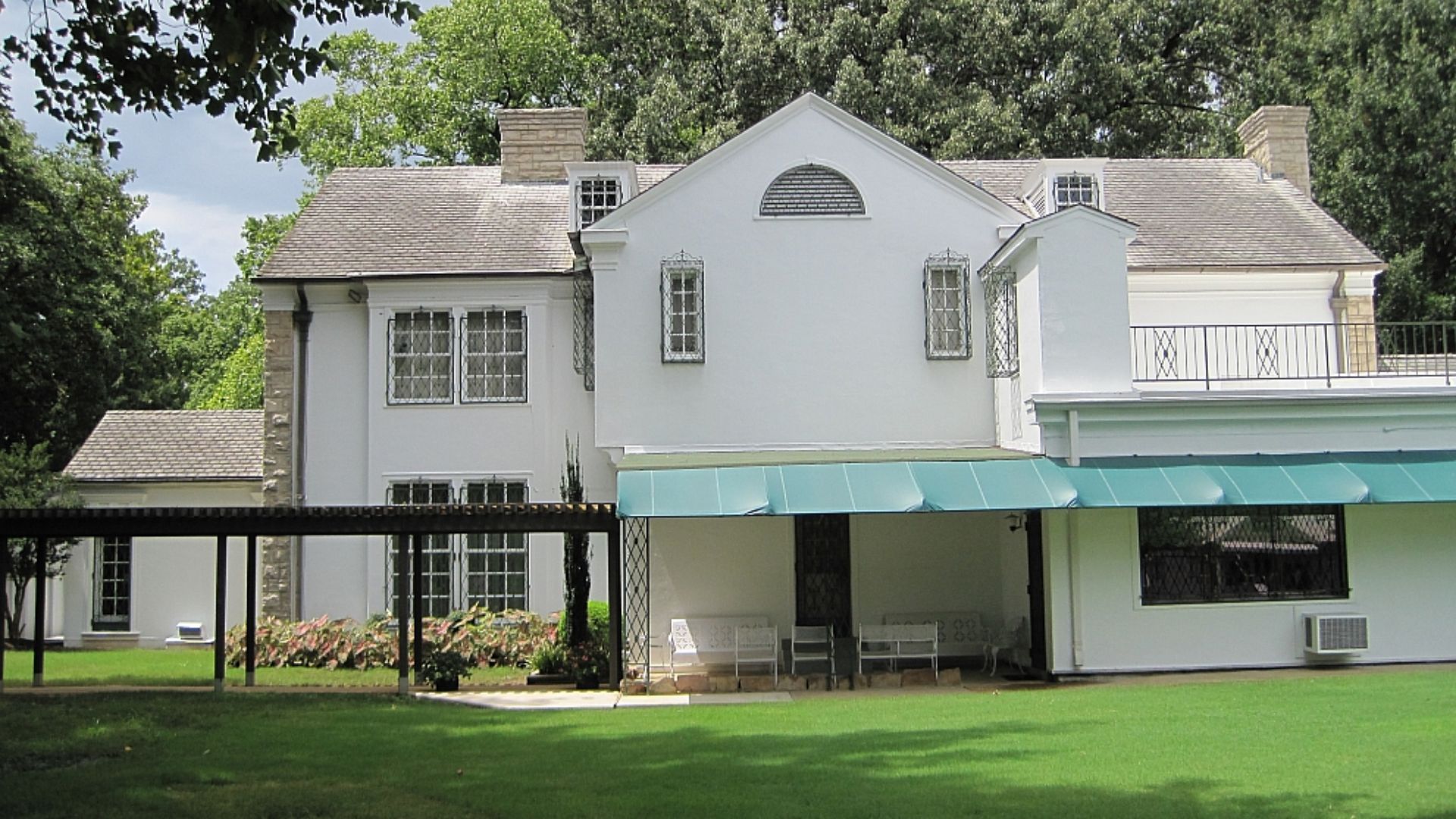 Thomas R Machnitzki ([email protected]) on Wikimedia
Thomas R Machnitzki ([email protected]) on Wikimedia
12. The Paul Revere House (Massachusetts)
The Paul Revere House is where the silversmith-turned-patriot lived when he saddled up for his famous midnight ride. Today, the museum turns legend into lived experience, with programs that bring Paul's role in the Revolution to life, one lantern-lit moment at a time.
13. The John Adams National Historical Park (Massachusetts)
Not one, but two presidents called this place home. You’ll walk through the same halls where Adams and his son, John Quincy Adams, shaped their worldviews. The original homes still stand, filled with personal artifacts and stories that go way beyond textbooks.
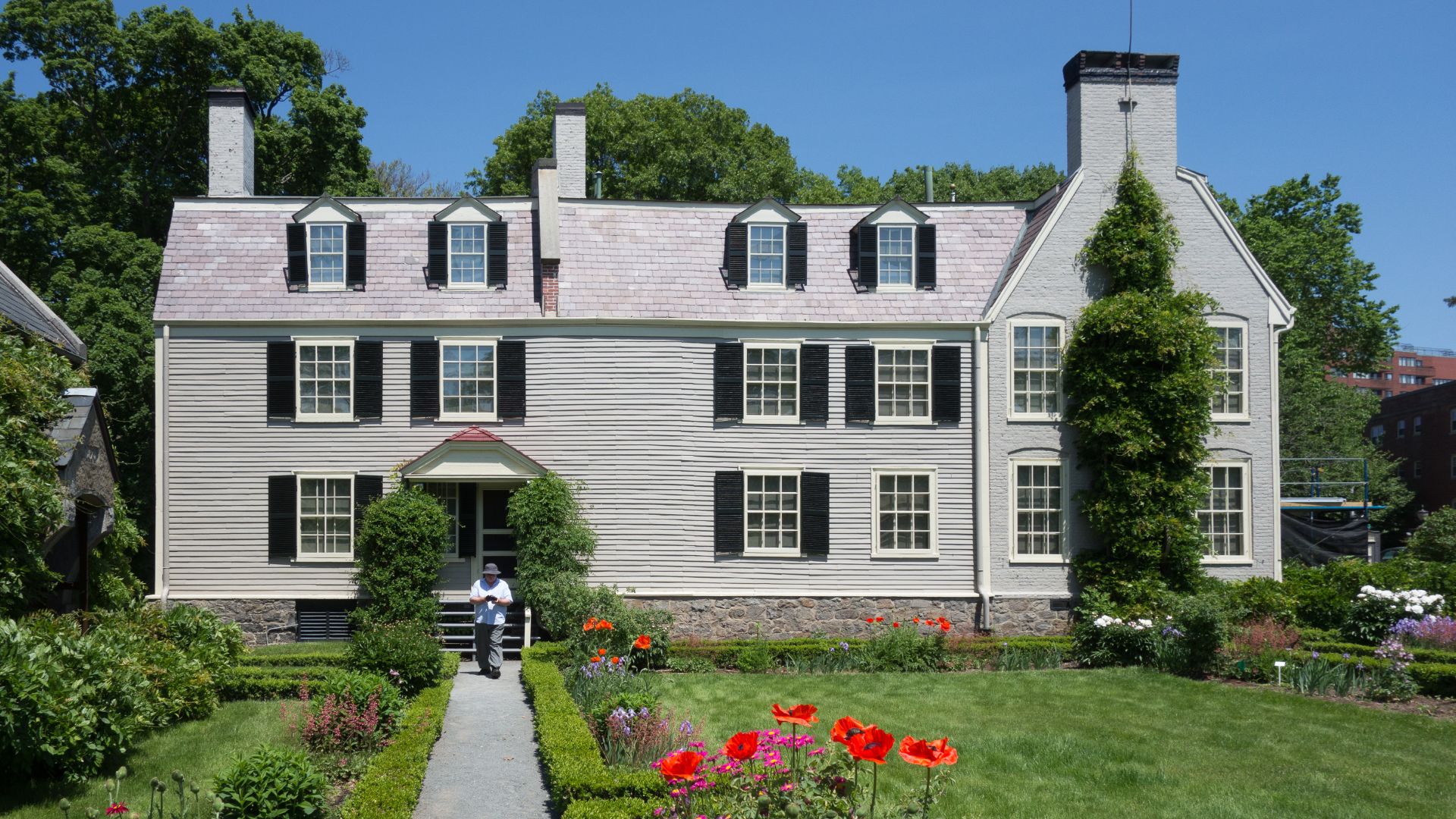 Kenneth C. Zirkel on Wikimedia
Kenneth C. Zirkel on Wikimedia
14. The James Madison House, Montpelier (Virginia)
This was James Madison’s home, and the man they call “Father of the Constitution” actually lived up to the nickname here. The Georgian-style mansion has been restored to feel just like it did in James Madison's day, right down to the furniture.
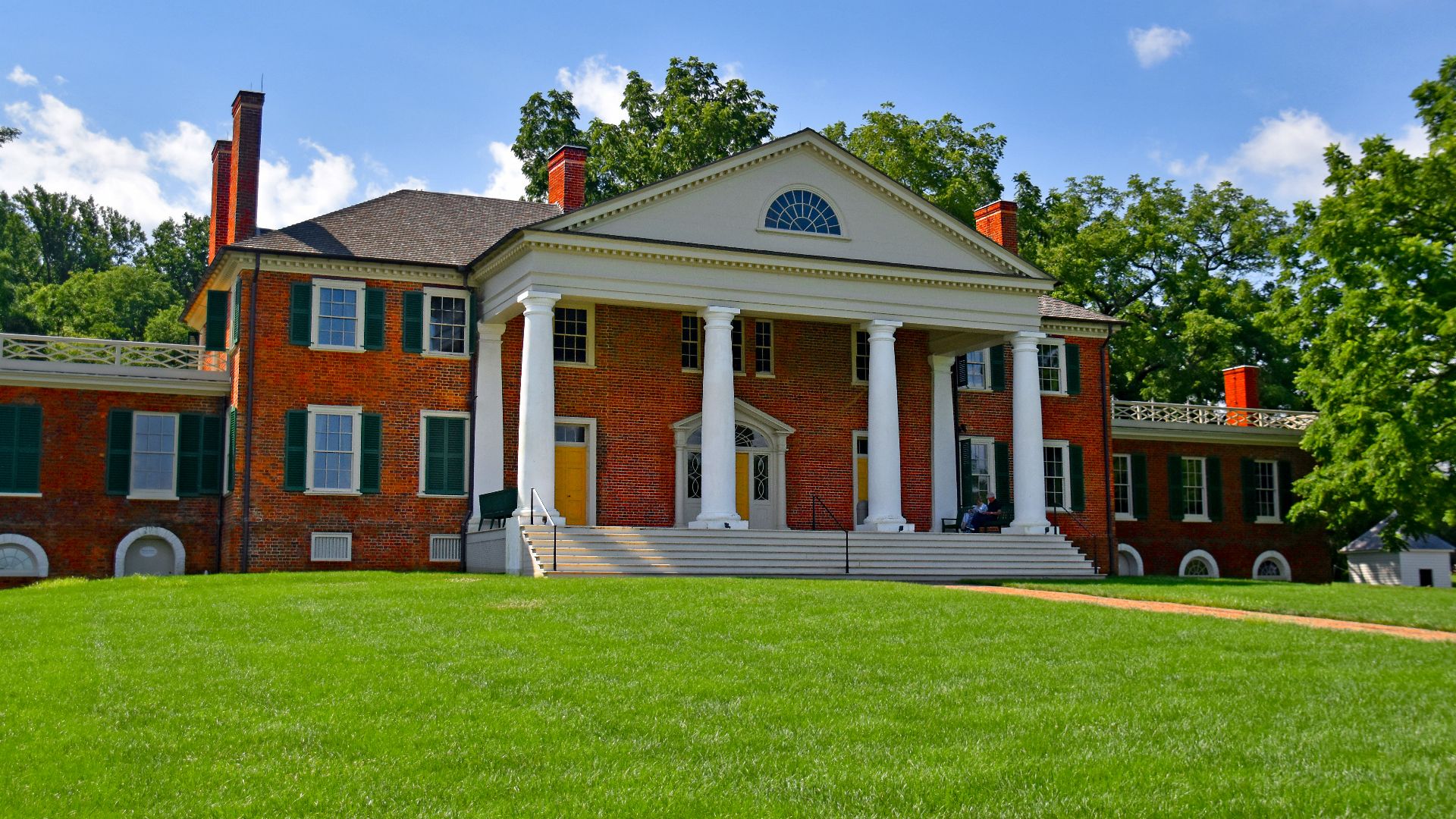 Ron Cogswell on Flickr on Wikimedia
Ron Cogswell on Flickr on Wikimedia
15. The Villard Mansion (New York)
Commissioned by railroad magnate Henry Villard in the late 1800s, the estate blends Renaissance Revival with Beaux-Arts architecture in striking detail. Originally a private residence, it now functions as an exclusive club, maintaining the mansion’s Gilded Age legacy.
16. The Mary Todd Lincoln House (Kentucky)
The Mary Todd Lincoln House marks the early life of Abraham Lincoln’s wife before she entered the White House. The exhibits also explore her complex role as First Lady during the Civil War, highlighting the personal and political weight she carried during one of the nation’s most turbulent eras.
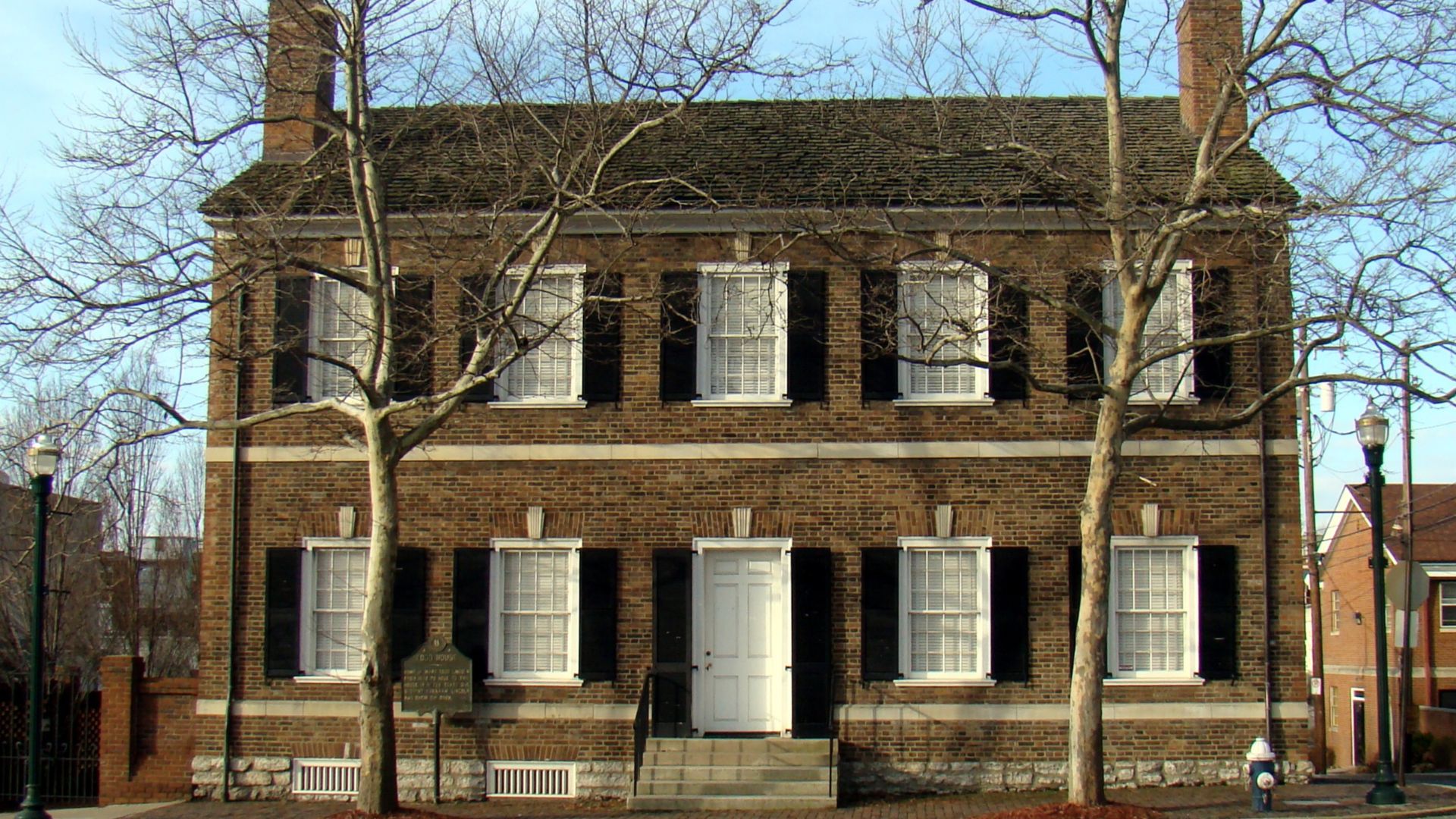 FloNight (Sydney Poore) and Russell Poore on Wikimedia
FloNight (Sydney Poore) and Russell Poore on Wikimedia
17. The Thomas Edison National Historical Park (New Jersey)
Innovation lives where Thomas Edison worked and lived. In West Orange, the Thomas Edison National Historical Park preserves his home and the world’s first industrial research laboratory. Moreover, guided tours dive into his revolutionary work in electricity and technology.
18. The Leland Stanford Mansion (California)
Rising in the heart of Sacramento, the Leland Stanford Mansion captures the ambition of a growing California. Once home to Leland Stanford—railroad tycoon and founder of Stanford University—the estate showcases Victorian-era architecture at its most refined.
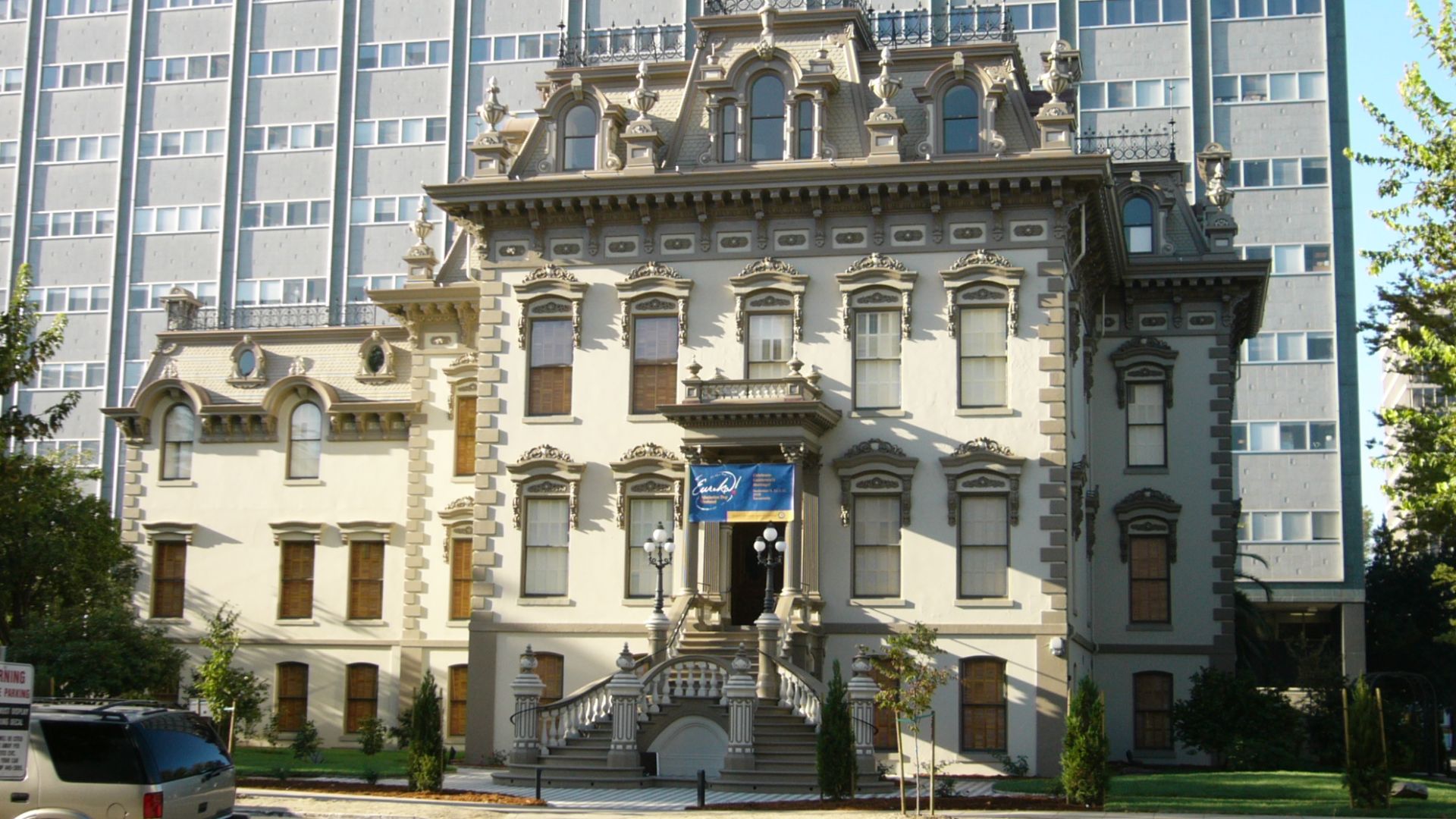 M.Mierzwa. MCalamari at en.wikipedia on Wikimedia
M.Mierzwa. MCalamari at en.wikipedia on Wikimedia
19. The Stonewall Jackson House (Virginia)
The Stonewall Jackson House offers a window into the life of one of the Confederacy’s most recognized generals. Now, the museum presents a fuller picture of Jackson’s personal life, providing historical context within the walls he once called home.
20. The Shaker Village Of Pleasant Hill (Kentucky)
This 19th-century religious community left behind 34 restored buildings that reflect their devotion to simplicity and purpose. Surrounded by carefully tended gardens and open landscapes, the site continues to display the harmony the Shakers sought to build.
KEEP ON READING

10 Greatest Quarterbacks Of All Time & 10 That Are…
Do You Disagree?. Few topics in sports generate as much…
By Farva Ivkovic Dec 2, 2025
The story of Ching Shih, the Woman Who Became the…
Unknown author on WikimediaFew figures in history are as feared…
By Emilie Richardson-Dupuis Dec 29, 2025
20 Shakespearean Words, Translated For A Modern Audience
What’s In A Word?. Shakespeare was a wordsmith of the…
By Breanna Schnurr Dec 17, 2025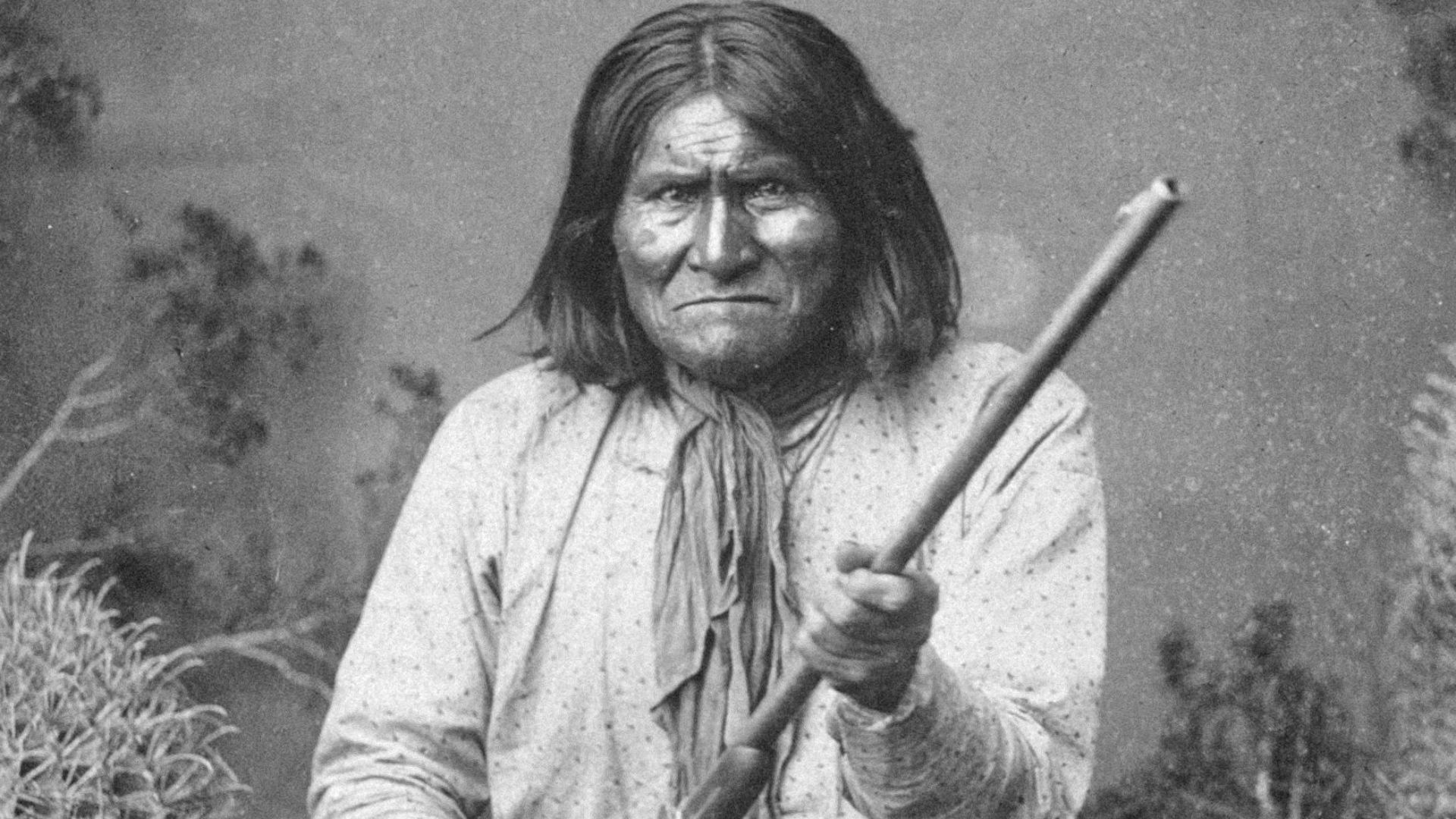
20 Inspiring Stories From Native American History
Incredible Stories Of Resilience And Endurance. Many of us didn't…
By Ashley Bast Dec 17, 2025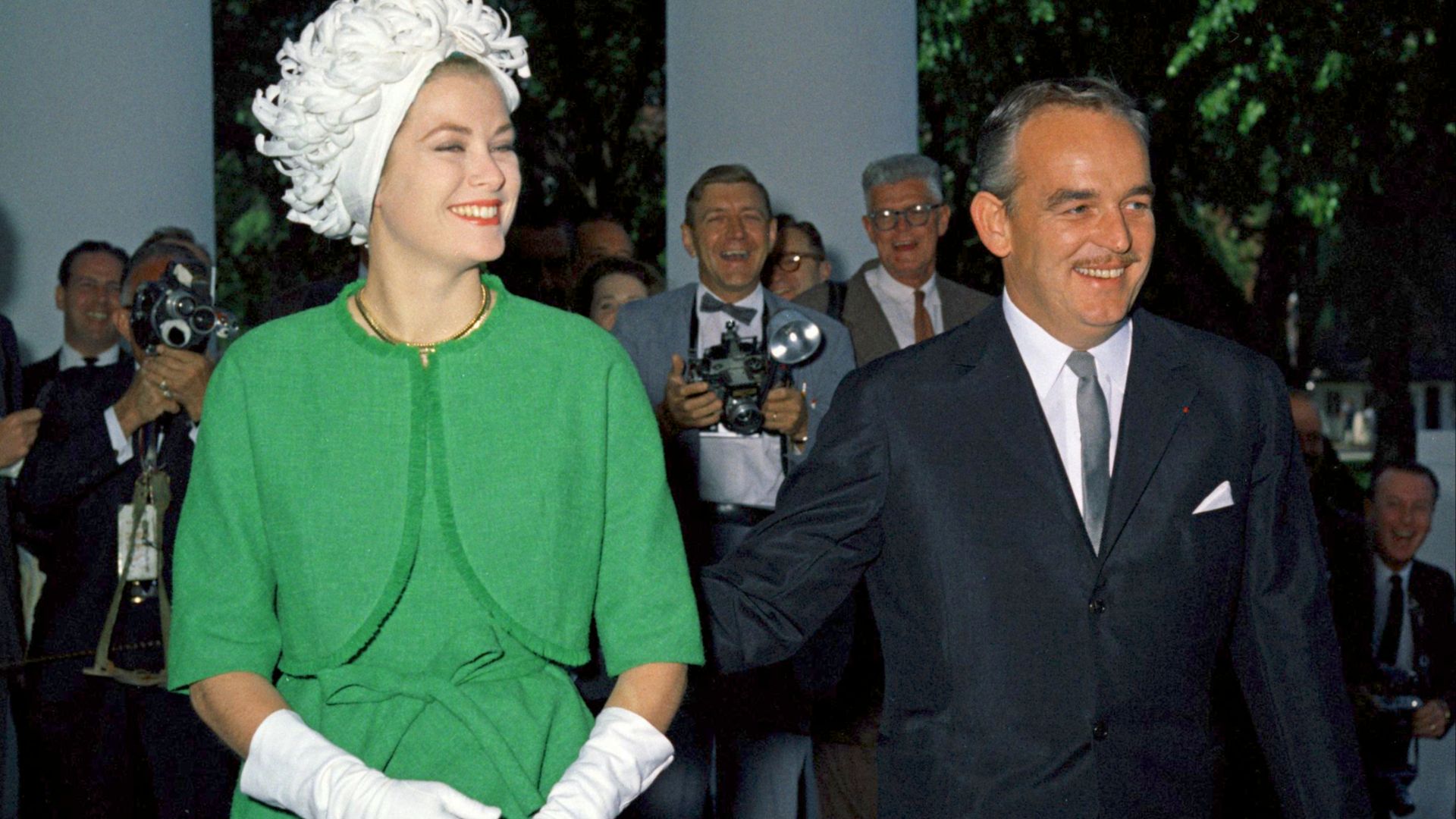
You Think You Have Problems? These Royal Families Were Cursed
Boasson and Eggler St. Petersburg Nevsky 24. on WikimediaHeavy is…
By Ashley Bast Dec 5, 2025
MH370: The Plane That Can't Be Found
Anna Zvereva from Tallinn, Estonia on WikimediaEleven years after Malaysia…
By Christy Chan Dec 10, 2025

